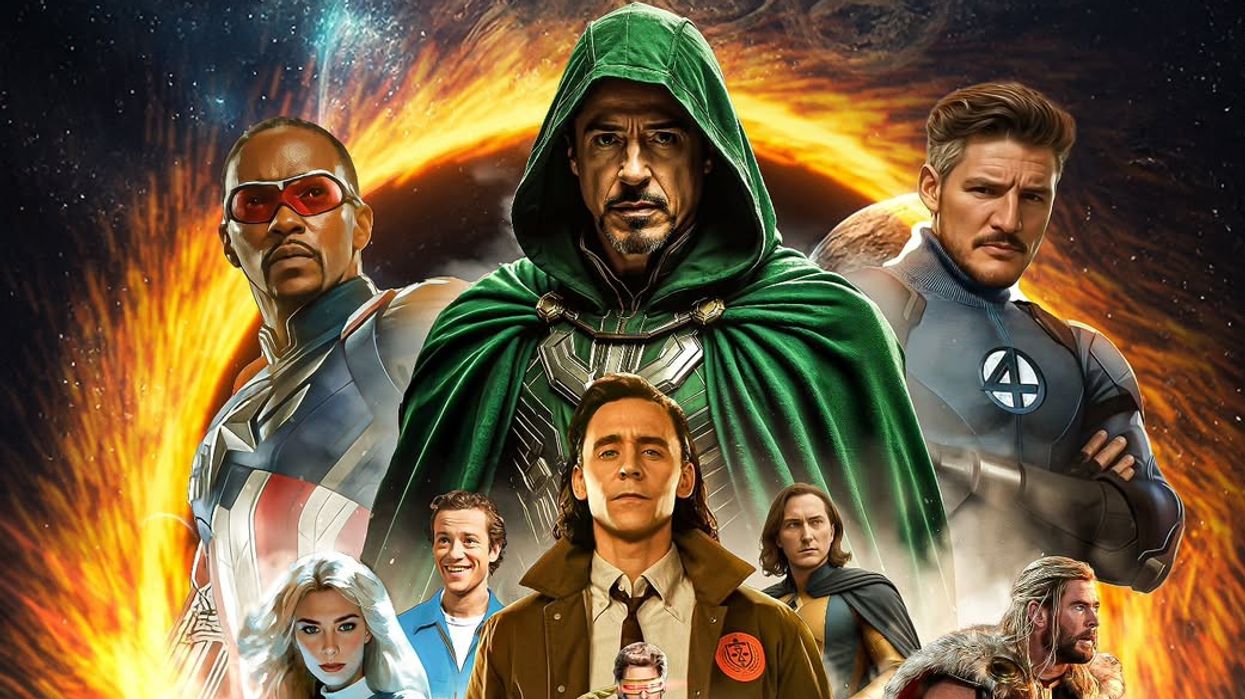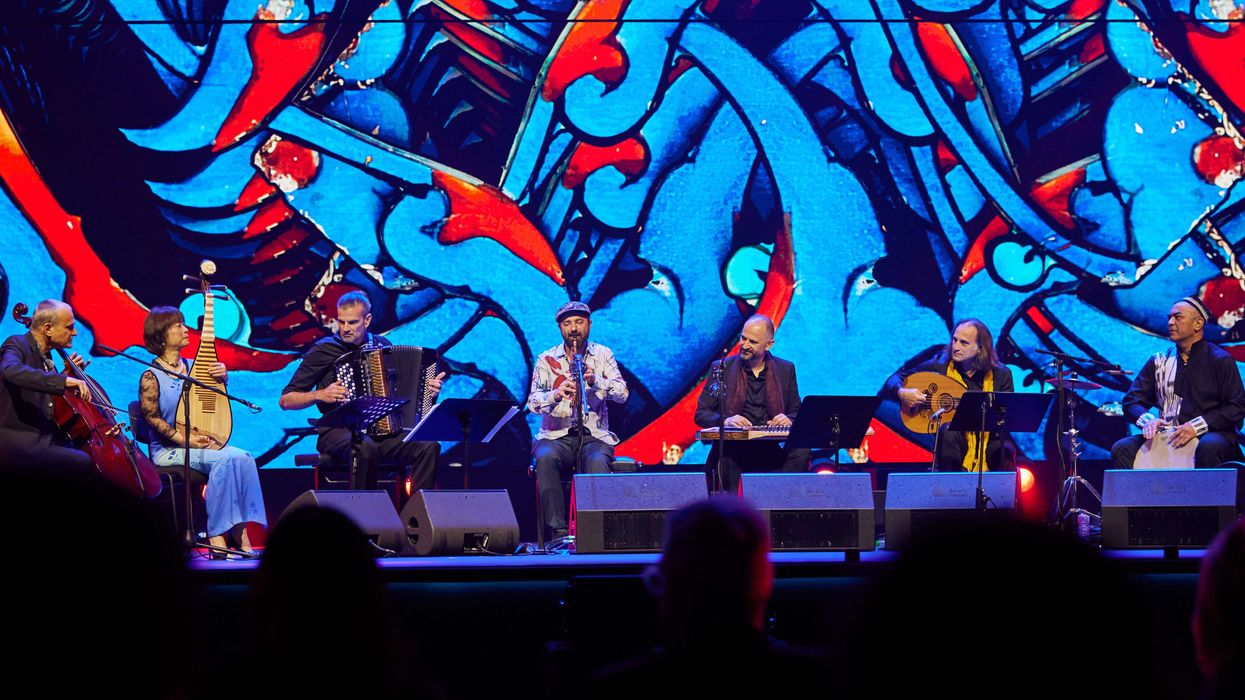A budget unlike anything Hollywood has seen
Marvel Studios is pulling out all the stops for Avengers: Doomsday, a film so expensive it may not break even, even if it makes over £800 million (₹8,400 crore) at the box office. With production costs expected to hit between £400–480 million (₹4,200–5,040 crore) and marketing pushing the final figure closer to £800 million (₹8,400 crore), it’s already the priciest movie ever made.
Pre-production alone has reportedly cost Marvel £6.4 million (₹67.2 crore), more than three times the total pre-production spend for Ant-Man and the Wasp: Quantumania. Weekly production bills are also double what Quantumania racked up. That film eventually cost £310 million (₹3,255 crore), but Doomsday is operating on a whole other level.
It now surpasses previous record-holders like Star Wars: The Force Awakens (£358 million), Avatar: The Way of Water (£280–368 million), and Pirates of the Caribbean: On Stranger Tides (£303 million).
- YouTubeyoutu.be
A-listers drive up costs
A huge chunk of the budget is being poured into the cast. With at least 35 big-name actors appearing, some in brief cameos and others in major roles, talent salaries are expected to exceed £200 million (₹2,100 crore). Robert Downey Jr., returning not as Iron Man but as Doctor Doom, is among the headline-grabbing casting decisions, alongside names like Chris Hemsworth, Pedro Pascal, Vanessa Kirby, and Florence Pugh.
Helmed by the Russo Brothers, who previously delivered Infinity War and Endgame, Doomsday will see the Avengers, X-Men, Fantastic Four, and Wakandans unite on screen. It’s planned as the fifth Avengers movie and the 39th in the Marvel Cinematic Universe, set to release on 18 December 2026.
Why an £800 million box office isn’t enough
Here’s the catch: Even if Avengers: Doomsday earns more than Jurassic Park (£730 million) or The Lord of the Rings trilogy (average £790 million), it may still be seen as a commercial failure. Factor in global distribution, marketing, and backend deals, and the film would need to cross well over £960 million (₹10,080 crore) just to break even.
So, while Doomsday may become the biggest spectacle ever put to screen, it’s also one of the riskiest bets in Marvel’s history. Whether it soars or stumbles will depend not just on fan turnout, but on how far it can go beyond the £800 million mark.





